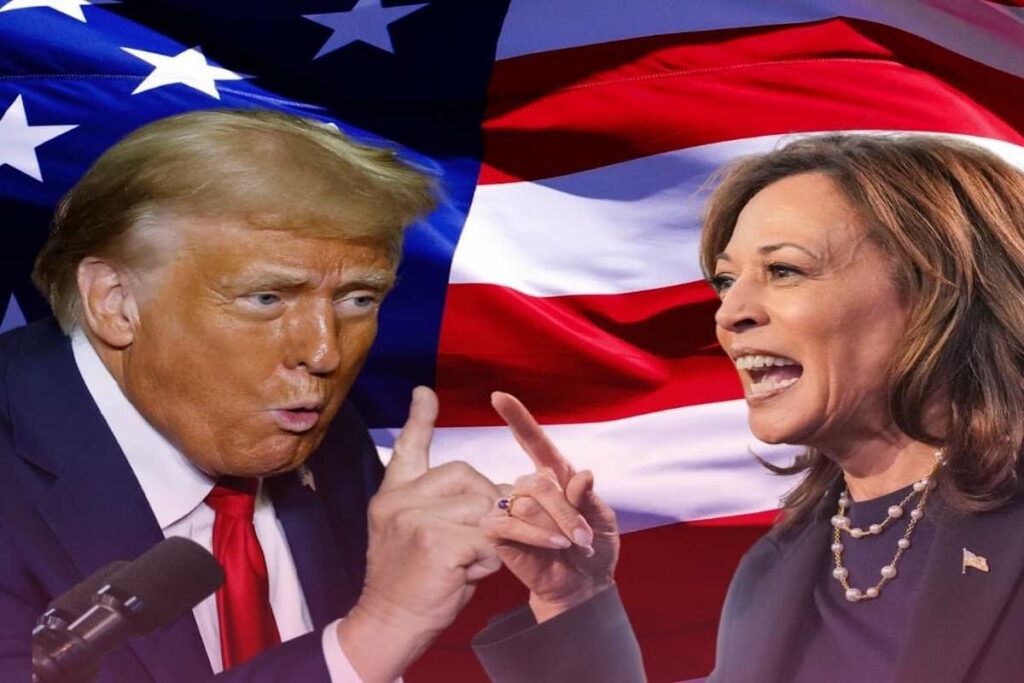The 2024 U.S. presidential election is one in which many have shown utmost interest from the perspective of the electors themselves. Many describe this as the most divisive election in American history.
The Stakes of the 2024 Election
Voters on one side speak to a return to traditional values and economic stability, pointing to concerns about security and inflation, and social change that has gone too far. These voters are very concerned that some policies-especially those regarding climate change and health be used as an excuse for government overreach and higher taxes.
For the ruling party supporters, this is a vital election to make an imposing move on social and environmental issues. For them, urgent action on climate change, health reform, and equality initiatives are not just wanted but exigent. They dream of policies directed against these problems as one way toward a fairer and more sustainable America.
In many ways, this is a vision in which the government steps in when needed to protect the most vulnerable communities or the environment, even if that means redesigning some of the institutions that America has built and reinforced.
Clashing Visions for America
At the core of the divide are questions about what values ought to shape the country’s future. Complex policy issues ranging from healthcare and energy to immigration reform step beyond single right answers to the underlying values of fairness, responsibility, and government’s role.
The battle of ideas is not fought only on the campaign and debate fields but overflows into everyday life in personal relationships, at work, and in social networks. Meanwhile, families increasingly have been divided, friends take much more care in having conversations than in years past, and among coworkers, political discussions may be handled with apprehension.
Political Polarization and Its Effect on Societal Landscape
And many wonder: will such divides ever be overcome? For some, this election has brought about an existential question—does it mean we are now too divided to function as one country? While to others, such debate reflects a healthy democracy in which people care about the issues deeply.
Whichever way it goes, this election will leave its mark. That may cement some of the cracks that have emerged over recent years, or provide a staging post for fresh conversations about how Americans can move on together, even when their visions are not in perfect harmony.
In a way, voters enter the voting booth believing the result will set a course for America not just for the next four years but for the next generation. Both camps are united by a feeling of urgency; this is a pivot-point-in their words-a moment whose consequences will continue to reverberate long after Election Day.
If this election proves a step toward common ground or further embeds the divides that already exist; it has inarguably seared itself into the nation’s collective consciousness.

